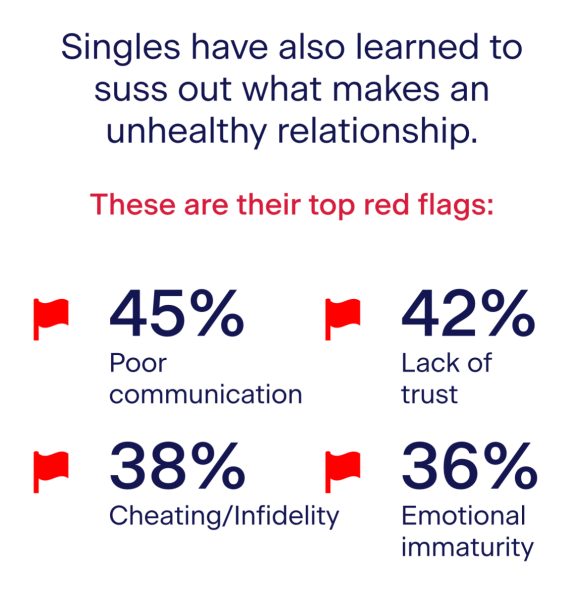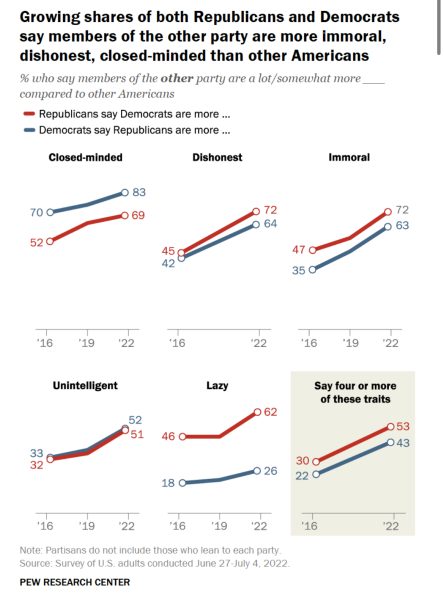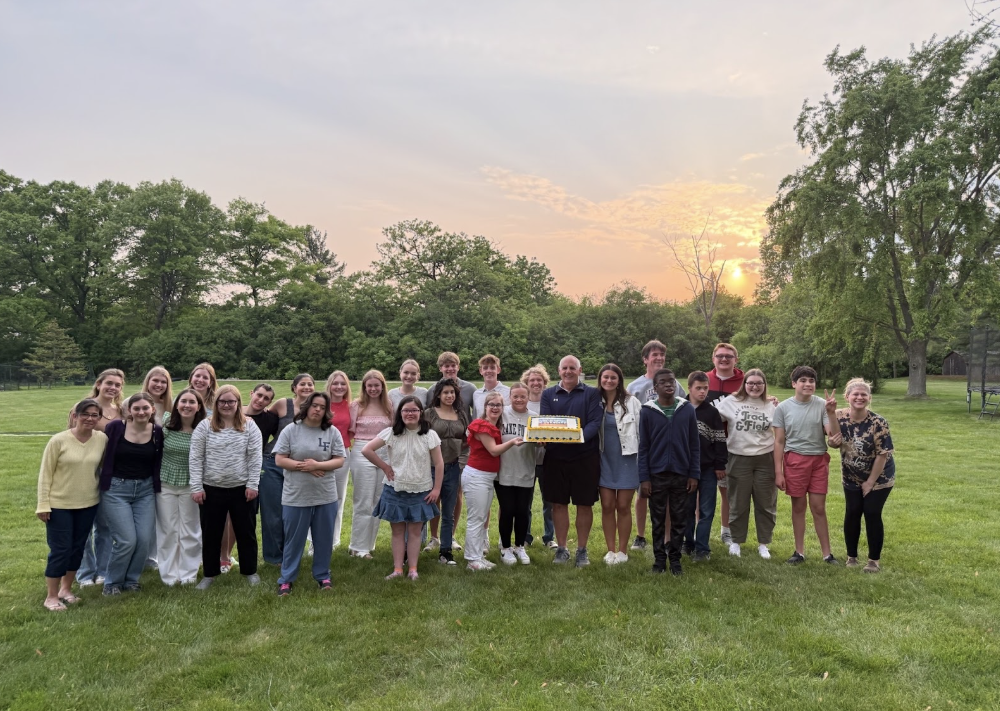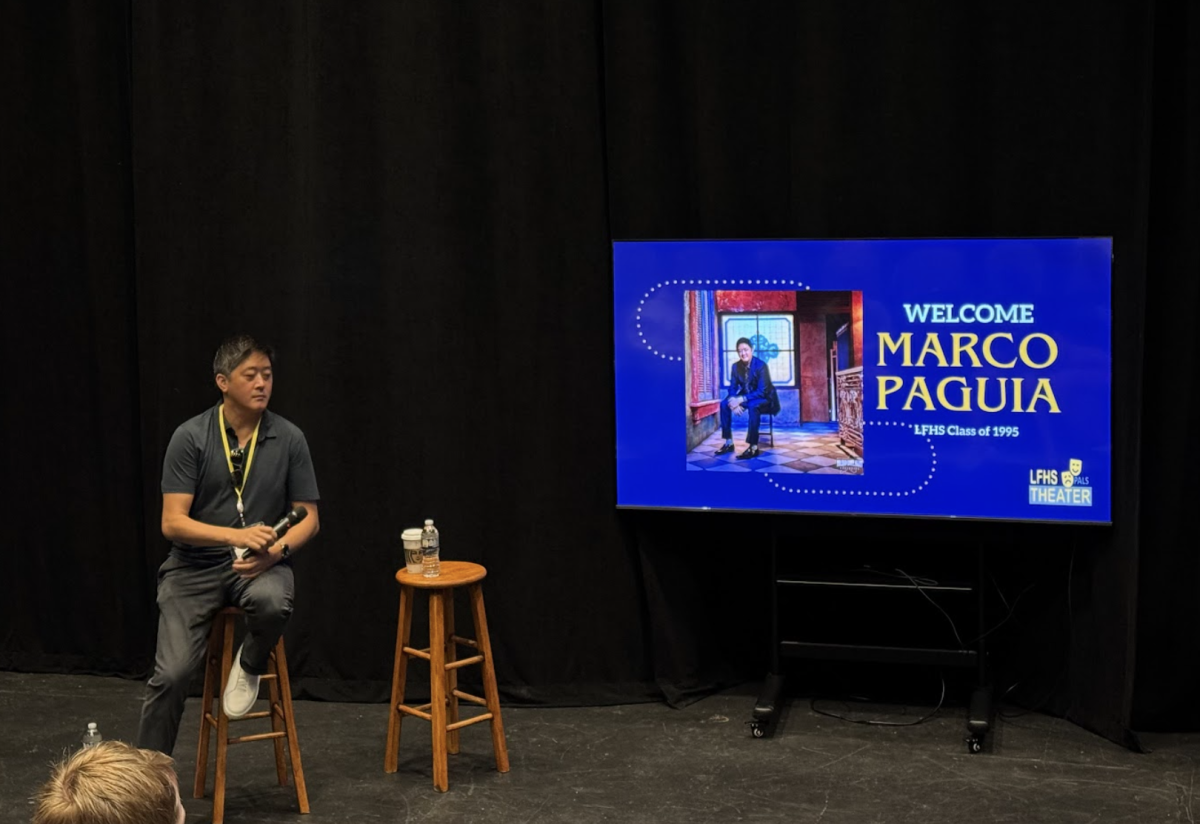Senior Sage Sherman says that when it comes to relationships, politics should not be a deciding factor.
“It definitely depends on if they are able to respect my views, but I don’t think it is a deciding factor when deciding if I want to date someone,” said Sherman.
Yet, she says there are exceptions. “Pro-life and pro-choice isn’t about politics, it is about morals because while children deserve a fair chance at life, you also have to think about the mother, so in this way, it’s about how you view women,” said Sherman. “Your views on pro-life or pro-choice show who you are as a person. I think everyone should be entitled to their own opinion, but you should not be entitled to take away people’s opinions.”
Sherman isn’t alone. There is a growing difference between those willing to date outside of their political views compared to dating outside of their views on the polarizing issues.
According to a YouGov-Economist poll from 2020, 86% of the poll’s participants claimed that it has become more difficult to date someone who belongs to an opposing political party in recent years.
That same year, another YouGov poll found that most Americans would not be willing to date someone with different political views as them.
Despite these numbers, students here say they are open to dating someone outside of their political party.
“As long as it is a healthy relationship, political alignment really shouldn’t matter,” said senior Charlie Witte.
According to PR Newswire, young people now seek a partner who prioritizes mental health and self-care; they want someone who is emotionally mature and socially responsible; they are less fixated on good looks; and they are widening their dating pool.
“Socially responsible” can translate to a lot of different things. It can mean that adolescents want someone who has a respectable view on basic “human rights” issues.

“There are definitely certain issues that would affect how I view people and if I would date them, or even be friends with them,” said senior Alexa Richer. “For me, the main issue would be anything relating to human rights – things like LGBTQ+ rights, women’s rights, abortion laws, etc. It’s not necessarily an issue for me because of the political connotations, but because to me those rights are fundamental, and I don’t think I could trust someone who doesn’t see it like that.”
“Socially responsible” can also mean that adolescents would want their partner to have emotional maturity, and be able to respect their views.
“It definitely depends on if they are able to respect my views. I usually have the same policy with my friendships. Politics shouldn’t define the relationships in my life if we are able to coexist,” Sherman said.
According to Time Magazine, the importance of open-mindedness has skyrocketed. 58% of respondents considered it a deal breaker if a partner wasn’t open-minded on key issues, and 46% said they would date someone with very different political views. Only one in four said they want a partner who thinks exactly like they do.

Yet, as the need for open-mindness in a partner increases, tolerance for people who have a different political alignment than them decreases.
Over the past several decades, the share of Americans who express unfavorable opinions of both major parties has grown: In 1994, just 6% of the public had an unfavorable view of the Republican and Democratic parties. Today, about a quarter (27%) have negative views of both parties.
This data begs the question: are the political parties themselves what is becoming more polarizing, or is a certain aspect of the political party becoming more polarizing?
Cheryl Kyrias, an AP government teacher, says that political parties have “definitely” become more polarizing. “Each party has become more extreme. There isn’t really moderation in the parties anymore.”
Yet, political polarization isn’t entirely new to our country. Our country seems to go in waves with how extreme each party is. We have had periods of time where the parties were even more extreme than they are now.
“The way our country was founded, we always had this adversarial culture,” said Kyrias. “Yet, during the Civil War period, our country was even more divided; our country literally separated, and I think people forget about that.”
In a new study by Match, researchers surveyed 5,000 single people between the ages of 18 and 98 across the U.S. and found that views on societal issues was a leading priority when singles were asked what they look for in a partner.
Lake Forest High School students follow this trend. They are less likely to date someone who has a different view about a societal issue than them, and today, with America’s most prominent societal issues, each side of the issue tends to line up with your political alignment.
“I could not date someone that is pro-life. In today’s age, a political stance is so much more than a presidential candidate. It is fully human rights and basic kindness and compassion,” said senior Sophia Zar.
According to the 2022 Match Singles in America report, released this week, two out of three single women say they will not date a partner who has opposing views on abortion, and 13% of active daters in the U.S.—about 9.8 million people—have said that the decision to overturn Roe v. Wade has made them more hesitant to date.
During times where controversial issues are plastered across the news, political parties become much more than a presidential candidate or a group of ideologies. People feel the need to vote for a certain candidate or party to keep their basic human rights safe.








